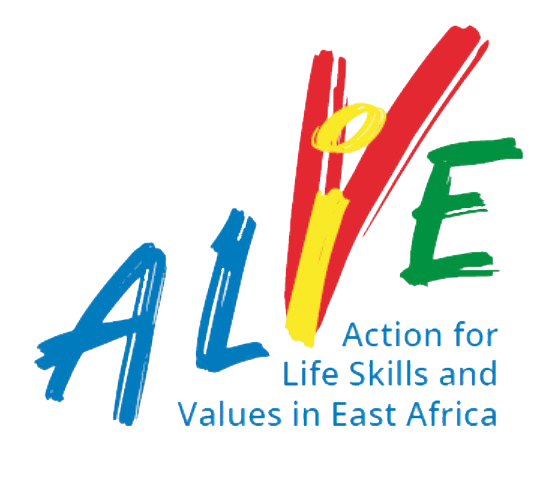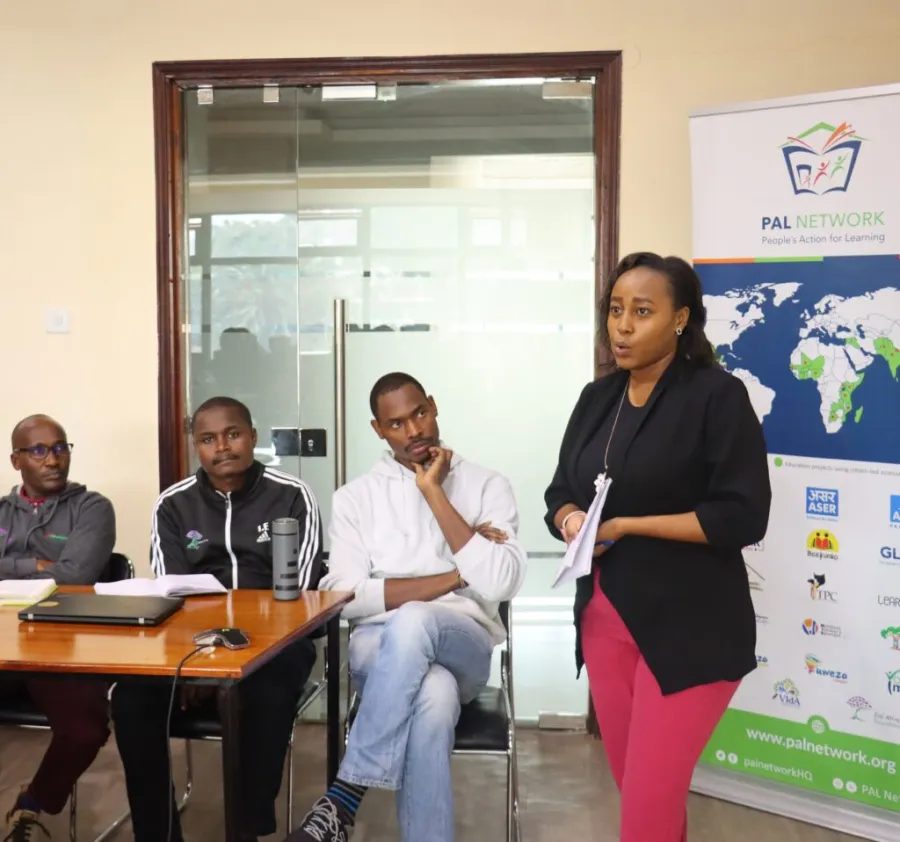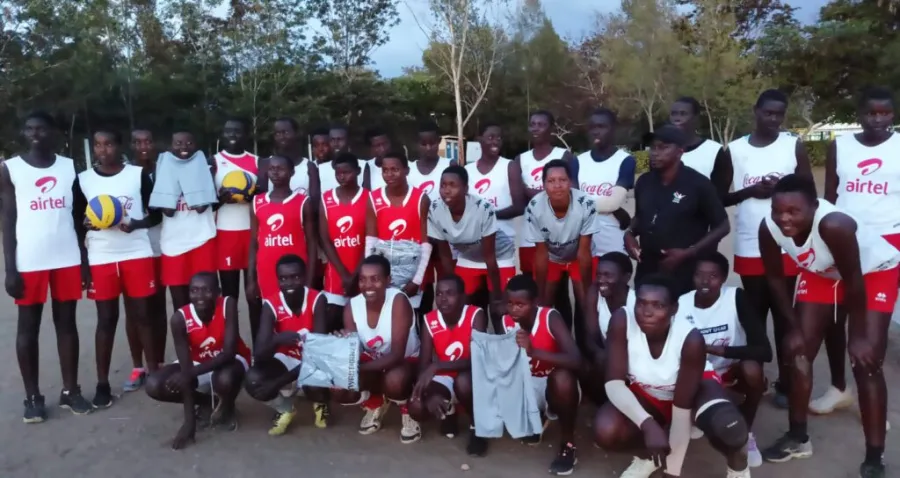Some of the adolescents, especially a few girls we assessed were a little shy, but when you interact with them further they get a little more comfortable and then open up. Ms Mwajuma Mbabazi, an Asesseor Report indicates that these competencies are not only needed in the workplace but are also crucial to support academic achievements and promote the holistic development of individuals and society.
By Stephen Macharia, PhD- Lecturer and Head of Strathmore Writing Centre School of Humanities and Social Sciences Ray Stata, an American management guru and investor, wrote, “The rate at which individuals and organisations learn may become the only sustainable competitive advantage, especially in knowledge-intensive industries.” Those words are as important to a modern-day organisation as they were in the 80s’ when they were written. Similarly, in the conclusion of an annual report, General Electric chairman wrote: “I finally recognised why we are so successful: it is because we are a learning organisation.” Coming from renowned managers of top corporates in the world, those statements are a pointer to the importance of organizational learning. In the current dynamic world of work where change and growth have been taking place at unprecedented levels, organizations must build a culture of learning. A progressive organization needs to position learning and continuous improvement of people and systems at the core of its focus. In line with that, the concept and practice of learning organisations is on the rise. Some organisations have developed booklets that have been useful in helping them craft superior products based on the lessons gathered from previous ones. Such organisations are becoming ‘workplace universities’ where learning and institutional knowledge are part of their routine practice. They gather, produce, analyse, retain, and transfer knowledge for the purpose of self and quality improvement. Learning organisations depend on data gathered from their day-to-day experiences with a view to boosting productivity and efficiency in their operations. They benefit from their past experiences and lessons from others. Besides growing leaders and employees who are well equipped to collect, analyse, manage, and transfer knowledge, such organisations also benefit from seamless succession management. Learning organisations are also able to develop systems that adapt to change in a rapidly evolving operating environment. They are often resilient and futuristic in their perspectives. Despite the benefits that organisations are likely to accrue from making deliberate efforts to learn, several bottlenecks have hindered this practice. The Harvard Business Review identifies three core barriers to creating learning organisations which include difficulties in implementing abstract recommendations; focusing learning on executives, excluding managers in charge of small departments where the actual work is done, and lack of standards and tools for collecting data to be analysed for creating knowledge for institutional learning. In a bid to respond to the need to develop values and life skills as invaluable competences in the East African school curriculum, the Regional Educational Learning Initiative (RELI) unveiled an initiative known as, Action for Life Skills and Values in East Africa (ALiVE). This initiative has, in its first phase, developed context-specific tools for assessing life skills in adolescents within the region. After developing context-relevant, open-sourced tools for assessing life skills in East Africa, ALiVE has now developed tools for organizational learning to bridge an existing gap. The tools have been informed by various models and frameworks that include the New World Kirkpatrick model, Brookfield self-directed learning, SMEDAN Learn shop criteria, Kolb, Gibbs, Schon and Experience, Reflection and Action among others. Through development of these tools, ALiVE aims at contributing to the practice and conversation on organizational learning and global discourse on knowledge generation from the global south. The developed tools have already been used by institutions involved in the ALiVE project in recent write shops, learn shops, and workshops. Government agencies, non-governmental organisations and private sector institutions can use those open-source tools to assess their capacity to learn and improve their practice through organizational learning.
By Ray Pollo, Senior Officer – Communications Before many can even pronounce their school’s name properly, girls at Kwanthanze Mixed Secondary School in Machakos County, in Kenya, have already perched their presence on the world map through sport. They are the towering African giants in the game of volleyball. They have lifted the Kenya national volleyball championship trophy as well as the East African cup multiple times. Their peers often see dust when they play. No wonder a local daily once tagged Kwanthanze, ‘a hotbed of volleyball talent in Kenya’ and it arguably seems to be, going by their streak and stay on top of the game. “National team coaches come to visit us because they know that Kwanthanze is the nursery of the Kenyan national volleyball team,” said Justin Kigwari, the team’s coach who also teaches at Kwanthanze. A young team which sprouted in 2010, only armed with passion and scanty training equipment, has risen through the years to become giants who have marked their territory on the volleyball pitch. “It was a simple start, starved of training kits and equipment. The girls have earned their space by sheer hard work, respect, and sustained team spirit. Their resilience has been amazing,” explained Kigwari. Kwanthanze’s bright star shone in 2013 and 2014 when, for the first time, they clinched both the national and east African cups in a row. Their dominance was, however, startled in 2015 and they had to settle for the second position in both national and regional games. In 2016, they did not see one mesh of a door to the national or regional tournaments. However, they intensified training, with fresh energy replacing girls who had graduated from the school to higher institutions of learning. “The loss helped us to evaluate our team and strategize until the girls rose up again to spike their way back to the top,” Kigwari noted. In 2017, Kwanthanze team regained their grip of the national cup and did not let it slip away until 2023, when Kesogon Girls from Trans Nzoia County whipped them out of the cup. Nonetheless, Kwanthanze girls went ahead to reclaim the regional title and are the reigning East African champions in the game. “I feel proud to be part of the winning team. Very proud. I am happy that our hard work has paid off,” Observed a smiley Fridah Boke who is the captain of Kwnathanze Girls Volleyball Team. On October 16, 2023, a team from Zizi Afrique Foundation visited the school to appreciate the secret to the girl’s winning ways. The visit was spearheaded by Action for Life Skills and Values in East Africa (ALiVE) program. We learned that through Kwanthanze volleyball team’s victories and losses, there is a common thread that interweaves resilience and teamwork. “The girls thrive in simplicity and humility. These alongside respect and responsibility, are the values we encourage, and we ensure they do not veer off their academic paths,” said Anthony Kitungi, the Principal at Kwanthanze Mixed Secondary School. “Sure,” says Coach Kigwari, “The backbone of any talent is discipline. We instil values of respect in the girls so that they do not neglect their academic work. After winning, we settle down and talk to them and let them know that there is more to life than just being volleyball champions. We make them aware of the destructiveness of being celebrities and feeling that they are on top of everything. We also challenge ourselves to cushion them so that they do not neglect their primary duty as students, the books! In short, we help them walk in the path of humility as talented students and players.” The girls cut their hair short as if it were part of their school uniform. They do not have sophisticated games gear, but every evening, they dare the dusty Ukambani grounds, to scale new heights in the tall game. Another skill which is hard to ignore is that of collaboration. The girls coordinate their game like a harmonious band spewing a classical rendition in the air. There is no one touch! The ball bounces creatively through three pairs of hands, as much as it is in the girls’ power to do so. Their pitch of communication and collaboration speaks maturity. They focus on the ball not on faults. When a team member flops, she is cheered up and when a win emerges, all celebrate and ready for the greater task ahead. We are curious to know whether these skills extend to the classroom. After a whole afternoon of playing and talking with the girls, staff members from Zizi Afrique Foundation honoured the team with new games kits and a token for lunch. They also engaged the girls on life skills and values that are useful both at school and beyond. The Foundation is keen on nurturing life skills and values and promoting sports as a motivation for wholesome development of learners. Meanwhile, hard work, teamwork and determination has earned Kwanthanze girls a ticket to Europe. In 2024 they will be heading to Serbia for the world championships. Kwanthaze principal promised that in the Serbia games, the girls will play in kits donated by Zizi Afrique Foundation as an honour to the organization and as icons of values from the heart of Africa. “Our prayer is to go and win for Africa at the world championship in Serbia,” Kigwari implored. We wish the team success as they prepare to showcase their talent to the world!



